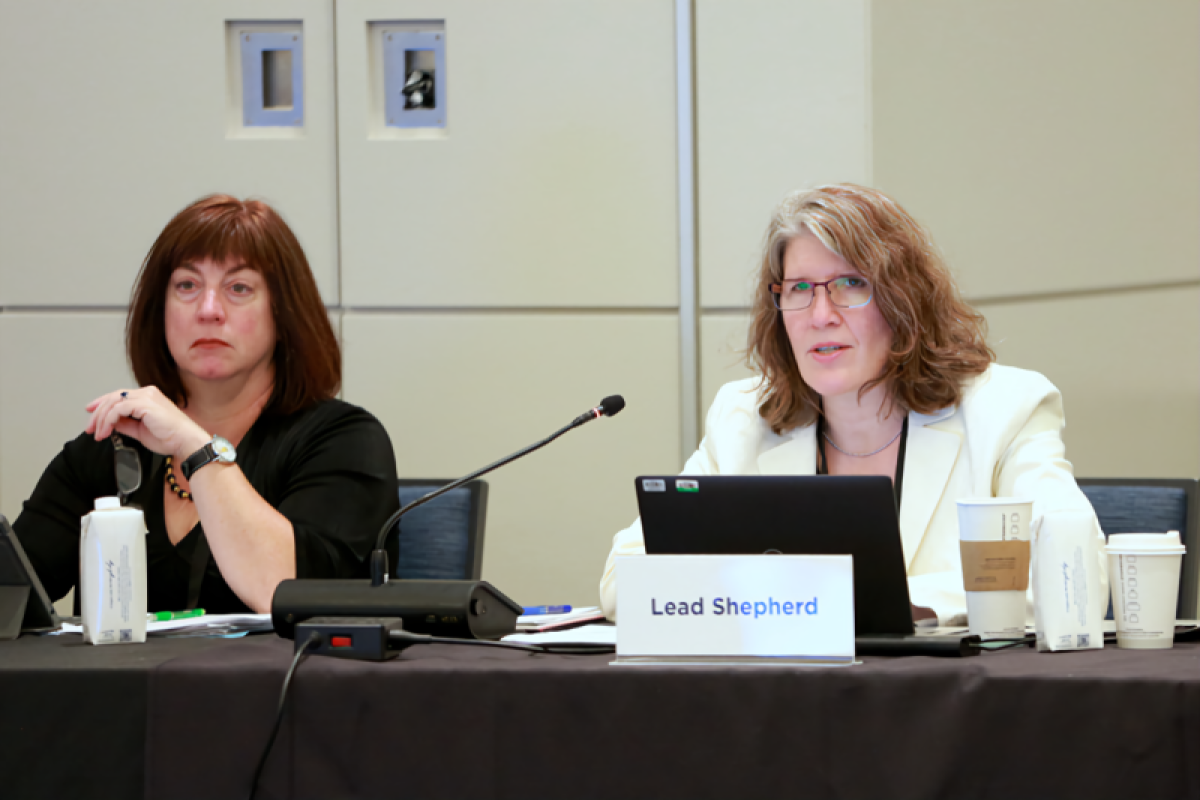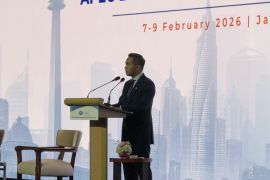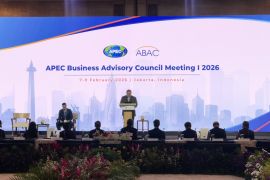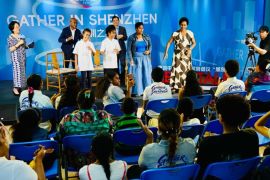"Energy is the foundation on which our economies are built, and it is what makes everything else possible," said Ariadne BenAissa, the Lead Shepherd of the APEC Energy Working Group (EWG), during the group’s meeting on May 21-22.
However, she added that at the same time, current energy systems are the primary driver of climate change, which is the greatest existential threat.
The APEC region contributed to 59 percent of the global total primary energy supply in 2020, according to the group.
Fossil fuels dominate APEC’s energy mix at 86 percent of the total primary energy supply and 75 percent of electricity generation, the group noted in a written statement received here on Tuesday.
Though fossil fuels dominate the current energy mix, and the region continues to add coal capacity, APEC is experiencing accelerated growth in renewable energy and is currently ahead of schedule in meeting the existing goals to double renewable energy and energy intensity.
"We have worked together to advance energy security, accelerate deployment of renewable energy, and reduce energy intensity, among other areas," the United States Co-Chair of the EWG, Elizabeth Urbanas, remarked.
"But we must strengthen our energy ambitions to accelerate progress while safeguarding the most vulnerable populations impacted by climate change," she affirmed.
As the host of APEC 2023, the US has put forward a proposal for the forum to adopt a new aggregate goal for power sector decarbonization, with a new target for electricity from carbon-free or carbon-neutral sources by 2035.
"We also need to reduce methane emissions, which can be achieved through exchanges on leakage detection, methane abatement technologies and approaches, and a commitment to carry forward these efforts," Urbanas stated.
Recognizing the need to take care of the people in the region as economies cope with the changes required to transition to a new energy paradigm, energy officials, experts, academia, and civil society held a policy dialogue on just energy transition preceding their meeting.
The group dialogue looked into practical actions for member economies’ consideration, as they decrease the reliance on fossil fuels for power and energy production and increase the use of clean energy.
It includes incorporating inclusivity and focusing on supporting the region’s workforce, including women, small and medium enterprises, and others, with untapped economic potential.
"We may be talking about offshore wind deployment, hydrogen infrastructure, or digital solar maps, but at the heart of all of this, what we are talking about is taking care of our people," BenAissa affirmed.
Related news: APEC launches Green Maritime Initiative to foster collaboration
Related news: APEC steers greener future for automotive industry
Reporter: Yuni Arisandy Sinaga
Editor: Anton Santoso
Copyright © ANTARA 2023












